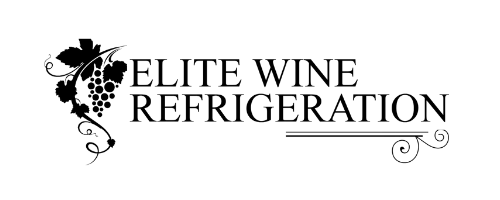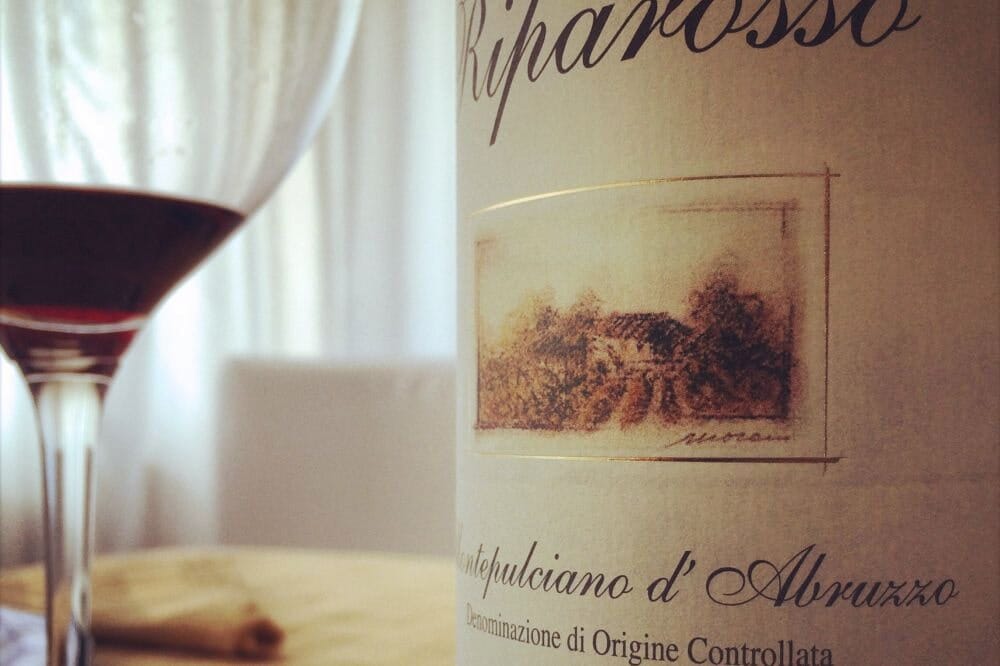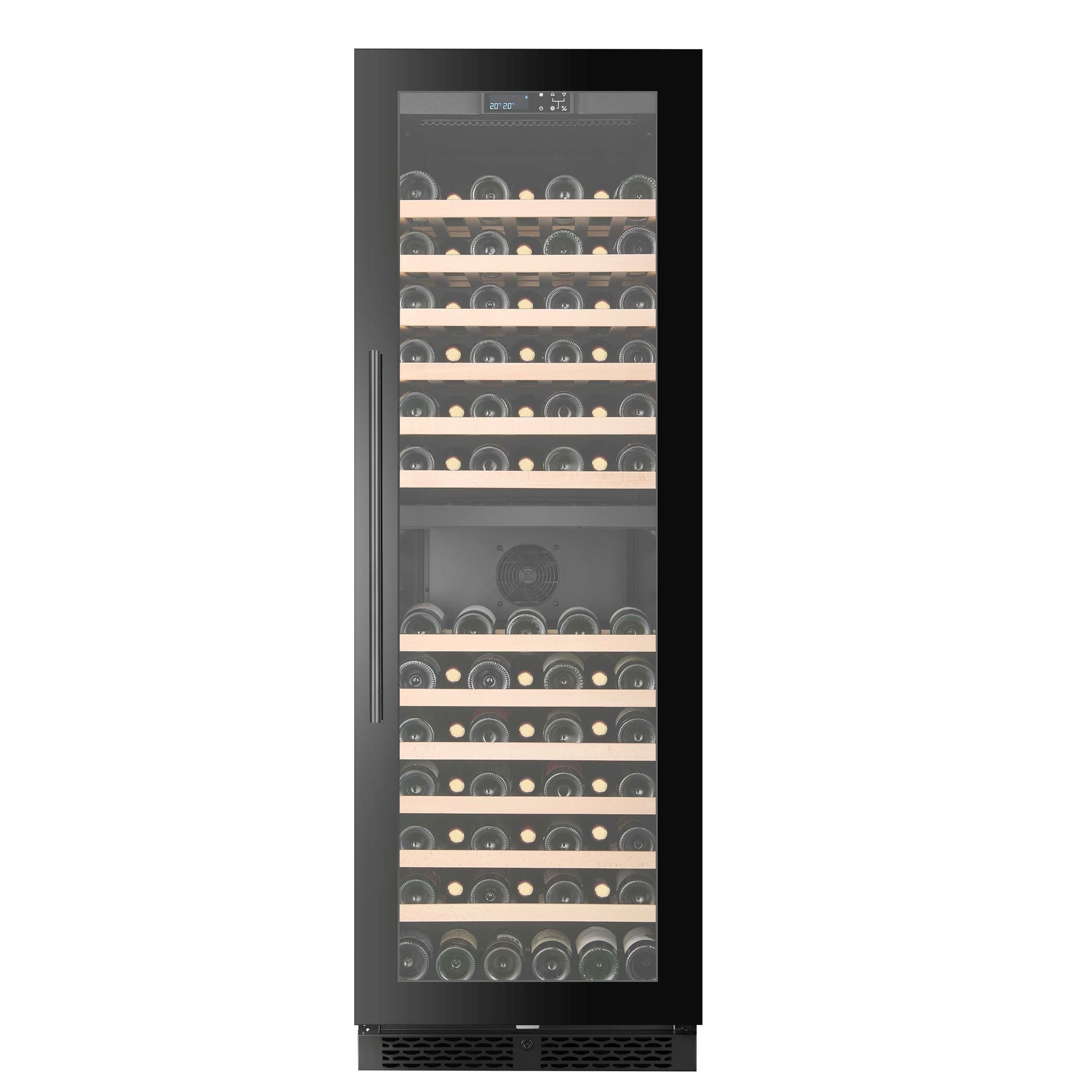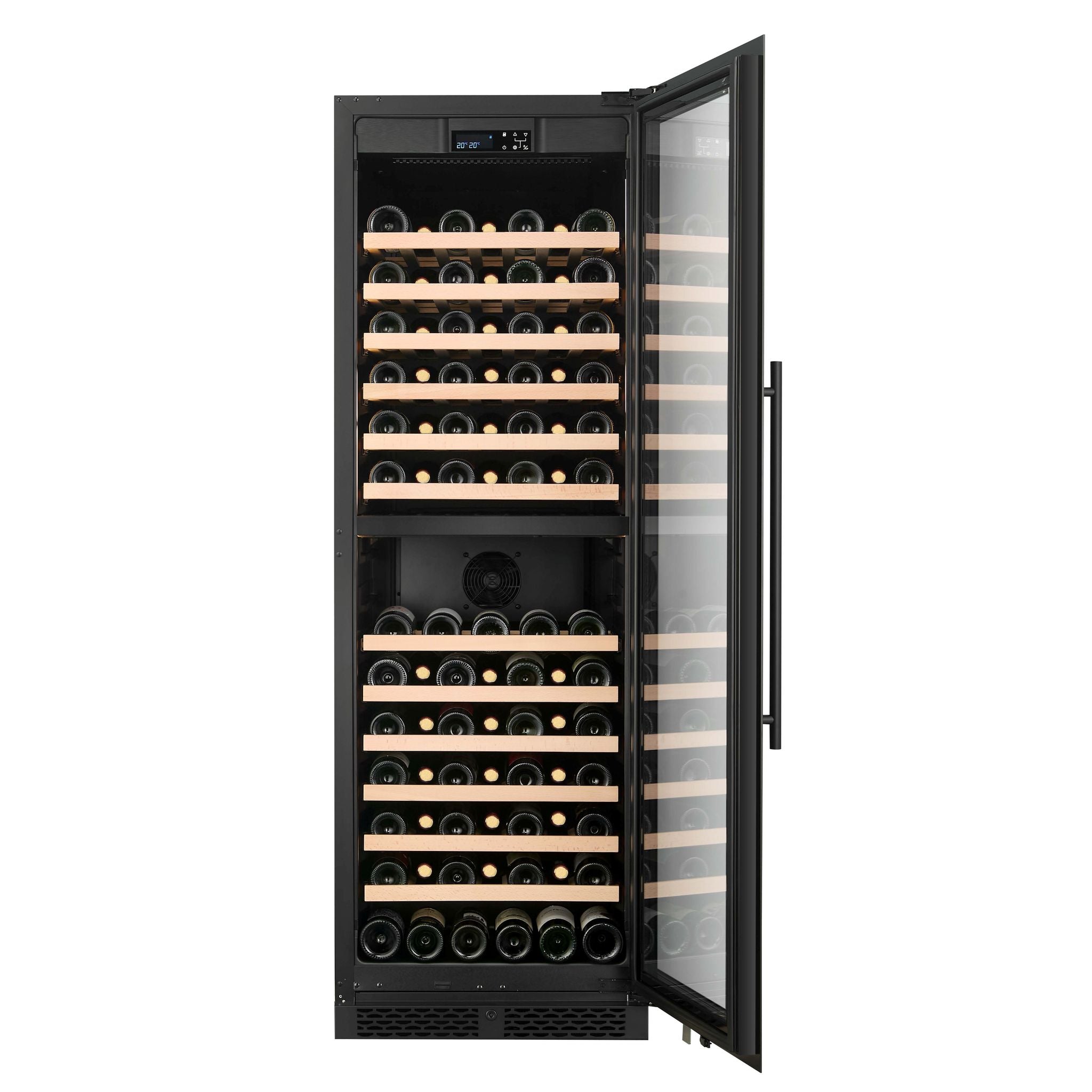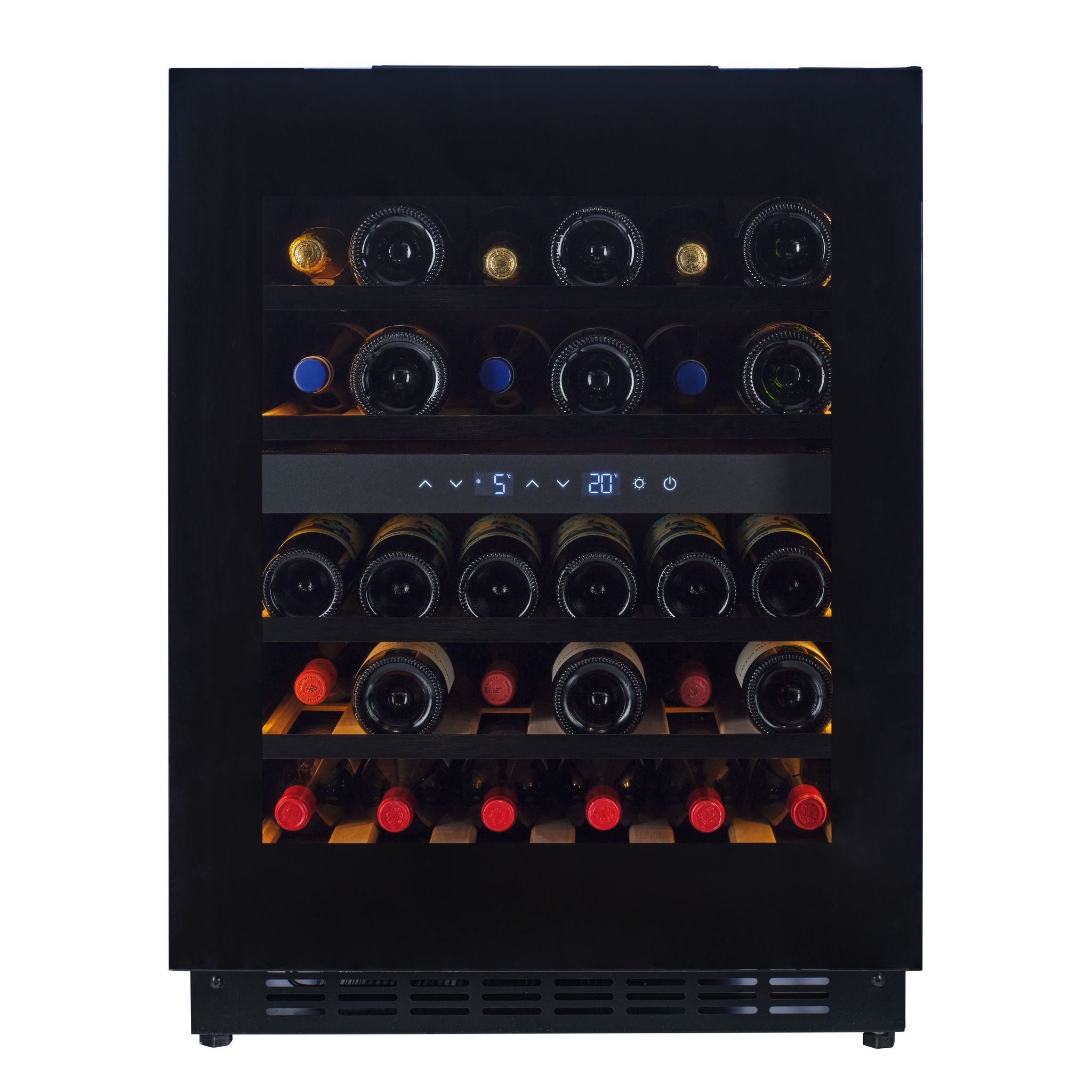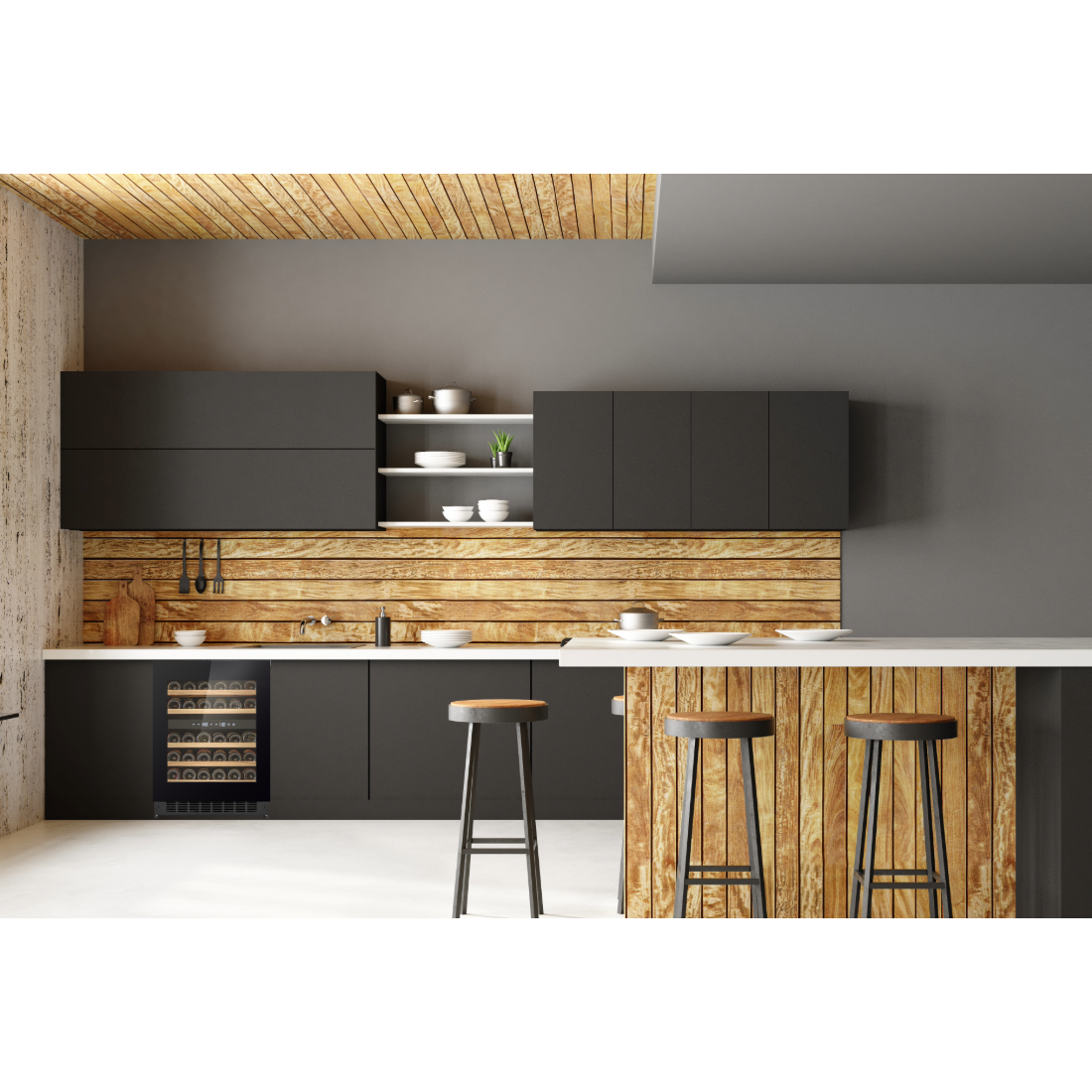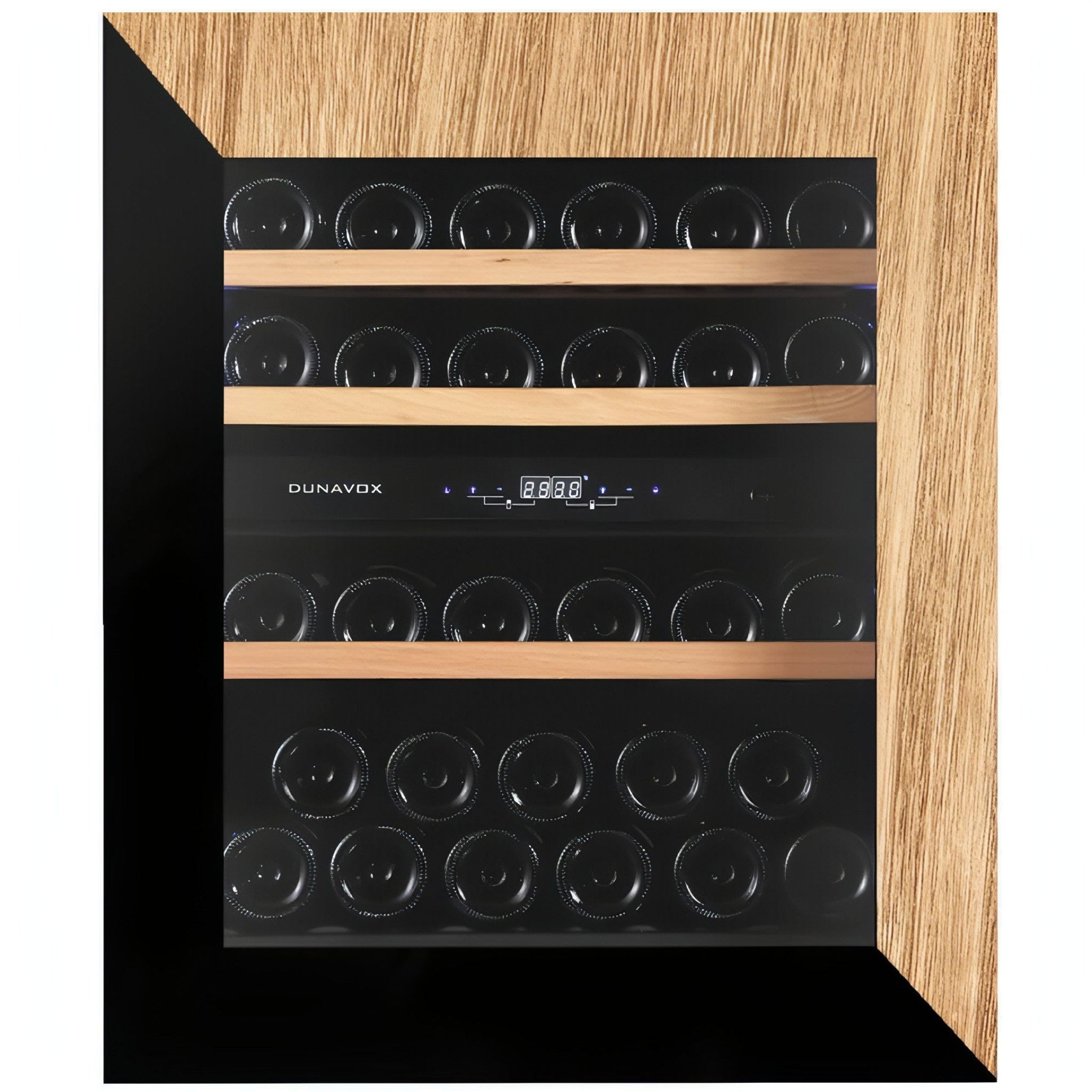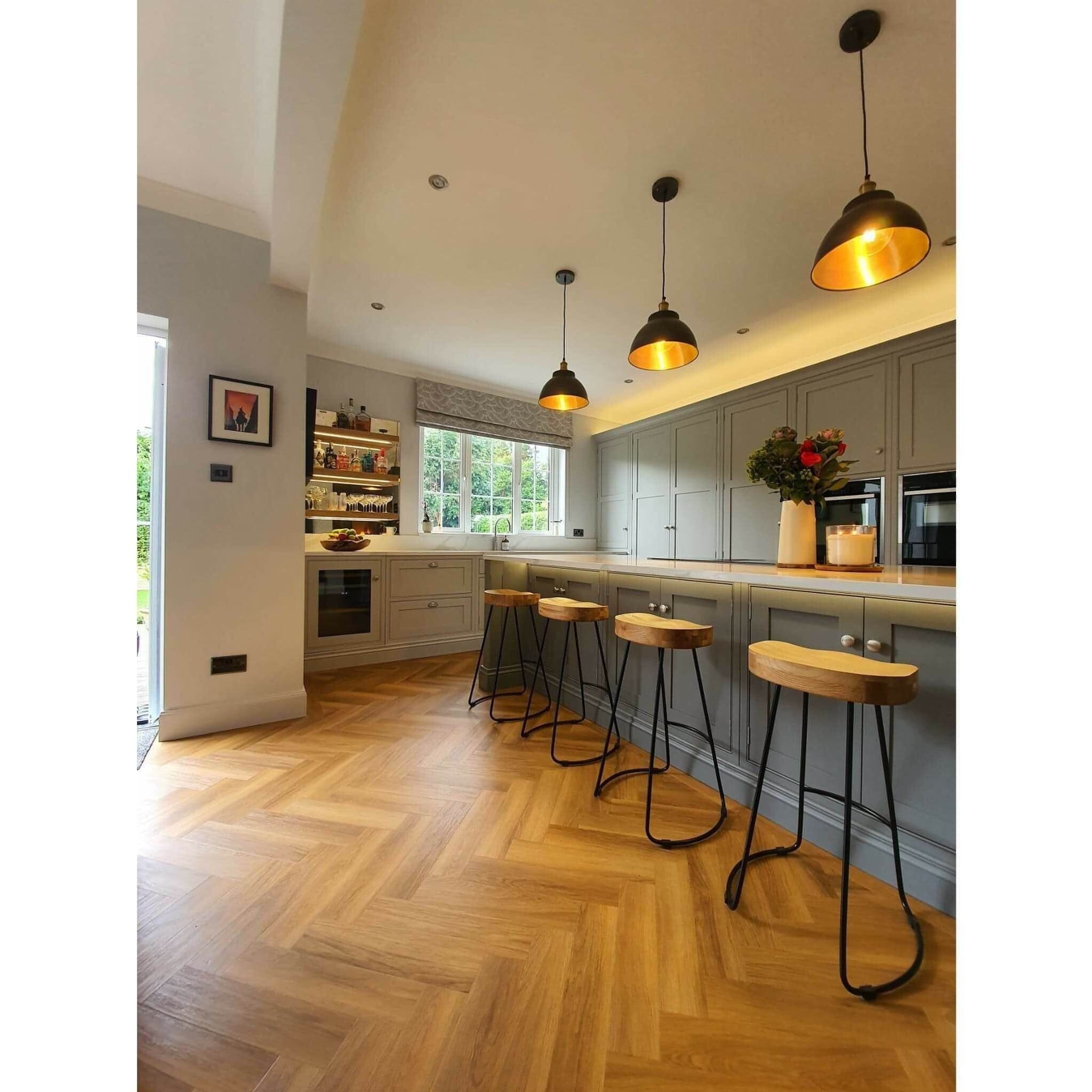Wine is celebrated for its complexity, diversity, and age-old tradition. It has been enjoyed by people for centuries.
The appeal of a good bottle of wine lies in its ability to transform with time, often improving in flavour and character.
However, unlike perishable goods with clear expiration dates, wine does not come with a ‘best before’ label, which often leaves many wondering - how do you know if a bottle of wine has gone bad?
Various factors can help you determine the wine's quality and whether it's still drinkable. Read on to learn more about the fascinating world of wine ageing, storage, and the signs to look for to ensure your wine remains at its best.
Understanding Wine Aging
To understand why wine doesn't have a traditional expiration date, it's essential to grasp the concept of wine ageing. Wine is a dynamic beverage that evolves over time, with many changes occurring within the bottle. The ageing process can either be beneficial or detrimental to the wine, depending on various factors.
The primary factor influencing wine ageing is the type of wine itself. Some wines are meant to be consumed young, such as many white wines and lighter reds. These wines are typically fresher and more vibrant when they are first released, and their flavours can deteriorate with prolonged ageing.
On the other hand, some wines, like many red Bordeaux, Burgundy, or vintage Ports, are known for their ability to improve and develop complexity over time.
Factors Affecting Wine Ageing
While wine doesn't have an expiration date, several factors come into play when determining its quality and potential longevity. Here are some key factors to consider.
Wine Variety
As mentioned, different wine varieties have varying ageing potential. For example, most rosé wines are best consumed within a year or two of release, while certain red wines can age gracefully for several decades.
Wine Style
The winemaker's intended style of the wine is crucial. Some wines are made to be consumed young, preserving their freshness and fruitiness, while others are crafted for long-term ageing, focusing on structure and complexity.
Storage Conditions
Proper storage is vital to the ageing process. Wine should be stored in a cool, dark, and humid environment, away from temperature fluctuations and direct sunlight. Poor storage conditions can accelerate the ageing process and lead to wine spoilage.
Bottle Closure
The type of closure used, for example, cork, screw cap, synthetic cork, etc. This can also influence a wine's ageing potential. Cork closures allow for tiny amounts of oxygen to interact with the wine over time, which can aid in its development.
Screw caps, on the other hand, create a more airtight seal, which can slow down the ageing process.
Acidity and Tannin
Wines with higher acidity and tannin content generally have better ageing potential. These compounds act as natural preservatives, helping the wine stay fresh over time.
Vintage
The year in which the grapes were harvested, known as the vintage, also plays a crucial role. Some vintages are exceptional and lead to wines with great ageing potential, while others are best enjoyed young.
Determining Wine Quality
While there isn't a one-size-fits-all answer, there are some telltale signs that a wine may have gone bad.
Cork Taint
One of the most common defects in wine is cork taint, which is caused by a chemical compound called TCA. A wine with cork taint will have a musty, mouldy, or damp cardboard odour.
It is essential to note that cork taint can affect even the finest wines, and it's not a sign of ageing but rather a fault in the closure.
Oxidation
Overexposure to oxygen can lead to a wine become oxidised, resulting in a flat taste and a brownish colour in white wines or a more brick-like hue in red wines. If your wine smells like vinegar or sherry, it's likely oxidised.
Acetobacter Infection
When acetic acid bacteria infiltrate a wine, it can turn into vinegar. If your wine smells strongly of vinegar, it has been affected by this bacterial infection.
Sulphur Compounds
Some sulphur compounds can produce off-putting aromas in wine, such as rotten eggs or burnt rubber. These compounds can be a sign of wine spoilage.
Undrinkable Flavors
If your wine has unpleasant or unbalanced flavours, such as excessive bitterness, excessive sweetness, or a lack of fruitiness, it may have passed its prime.
Sediment
In aged red wines, sediment is a natural occurrence. However, excessive sediment can be a sign of wine that has aged too long. It's important to remember that not all changes in a wine's flavour are indicative of spoilage.
Some wines develop fascinating tertiary aromas and flavours, such as dried fruit, leather, or earthy notes, as they age. These can be enjoyable and a testament to the wine's evolution.
Wine Label Information
While there is no standardised expiration date on wine bottles, winemakers often provide information on the label that can offer guidance. Here are some terms and information to look for.
Vintage
The year the grapes were harvested Some vintages are known for their exceptional quality and ageing potential.
Appellation
The region where the grapes were grown specific names are renowned for producing wines that age well.
Reserve, Grand Cru, or Special Selection
These terms often indicate that the wine has been produced with a focus on ageing potential. However, they are not guarantees of quality.
Cellar Recommendations
Some labels may include recommendations from the winery on how long to cellar the wine before consumption.
Alcohol Content
Wines with higher alcohol content may have better ageing potential.
Elite Wine Refrigeration Concludes
While there is no ‘expiration date’ on wine bottles, understanding the factors that influence wine ageing and knowing how to assess a wine's quality is essential for any wine enthusiast.
Various storage solutions can create the perfect atmosphere to allow wines to age beautifully. Storage solutions ensure that wines have a controlled environment, maintaining the ideal conditions necessary for proper ageing.
A freestanding wine fridge or integrated wine cooler plays a crucial role in helping wine age optimally by maintaining a consistent temperature, humidity, protection from light, and minimising vibrations.
This ensures that the wine's flavours and aromas develop gracefully over time, and these factors collectively contribute to preserving the wine's quality, allowing it to mature as intended by the winemaker, and preventing spoilage or premature ageing.
The right storage solution ensures that your wine investment is protected and that you can enjoy the full potential of each bottle when you choose to open it.
Check out the vast array of wine storage solutions at Elite Wine Refrigeration; we have something to suit every need and style to suit every space.
Whether you're savouring a young, fresh white wine or uncorking a well-aged vintage, the world of wine is full of surprises and delights for those willing to explore, so make sure you store them carefully and correctly in order to be able to enjoy them to their full potential.
